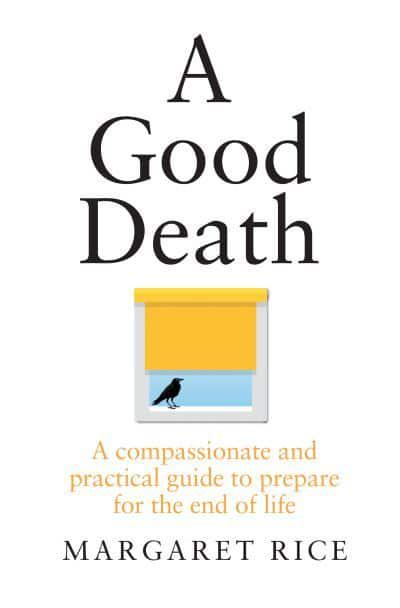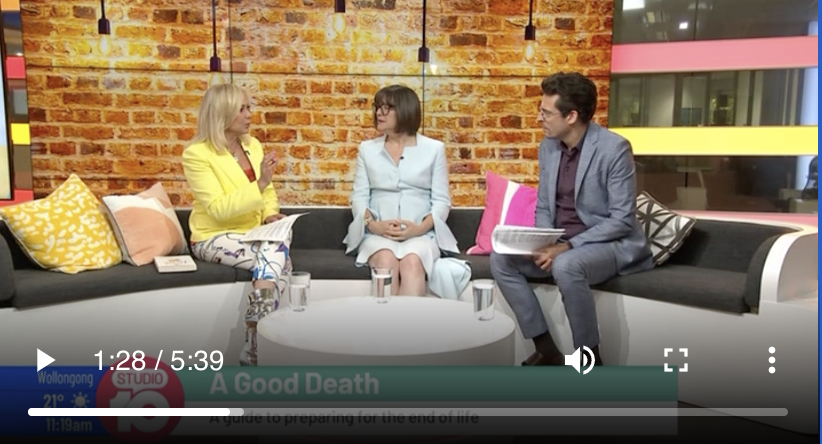
“Okay, what do you call ‘a good death?’,” Kerri-Anne Kennerley asked.
Kerri-Anne was asking pertinent questions – prompted by her own painful experience and this has become one of my favourite interviews.
Kerri-Anne’s beloved husband John Kennerley had only died four months before, in February 2019, following a long illness following a fall from a small garden ledge at Coffs Harbour, three years before.
We chatted for Studio 10 television, when A Good Death – a compassionate and practical guide to prepare for the end of life was launched, only three months after John’s death, in May 2019. Joe Hildebrand joined us, asking crucial questions of his own.
Follow the video below.
“This is going to be a very tough discussion for me,” Kerri-Ann said.
“I must admit this is going to be a very tough discussion for me. But it’s a really important subject,” Kerri-Anne opened with.
“It is a gift they say, to be with someone you love as they take their last breath. But it’s something that most people never, ever think about until they’re in the middle of that really excruciating, intense situation.
“When writer Margaret Rice was caring for her dying mother she realised she was completely unprepared and so she set out to find out the information she didn’t have and as a result, I guess is a novice’s guide to preparing for the end of life. The book is called A Good Death.
“Did I just say A Good Life? Sorry! – no I got it right.”
“Well they’re actually intertwined, so it’s not a bad call,” I replied.
“Okay, what do you call ‘a good death’, now after your experience of having been through it and after what you researched?”
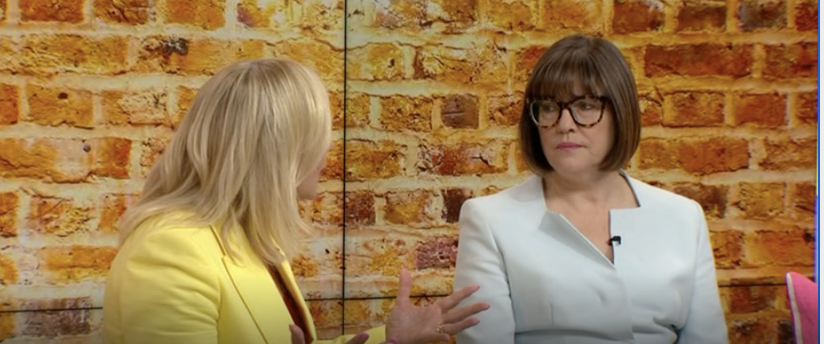
“I would say a good death is your interpretation of it – and that’s a very important thing. We’ve got to make sure that we don’t end up with an orthodoxy that says ‘This is how the good death’s got to be.’ It’s actually very individual,” I said.
“Because every single one – every single person and situation is different,” said Kerri-Anne.
“Yes. It’s like a different experience of birth for everyone who goes through it – and even from one child to the next, it’s a different experience. And this is something that our culture has lost sight of because we’ve outsourced death to others.”
Joe Hildebrand came into the chat at this point.
“You talk about us living in an era of death denial, if you like. And I guess in history, in times gone past death was all around us and we saw people dying. We weren’t expected to live very long and the world was a much more dangerous place. Have we kind of forgotten how to die?”
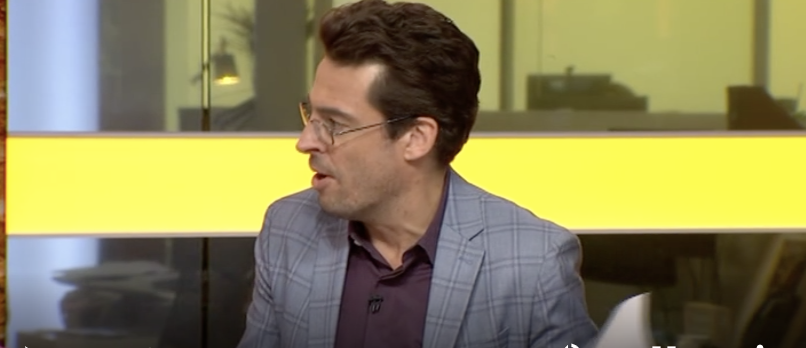
“Yes in a funny kind of way we have. We haven’t forgotten the fear. The fact that we’ve forgotten the practicalities and the fact that we haven’t seen it happen as young people and we haven’t observed the processes that families go through, means that we’re more frightened,” I said.
“And this is something that I believe we will look back on and say is a blip in our history – that we need to go back to the olden days.”
Kerri-Anne talked about her own difficulty accepting what was coming.
“I know from personal experience, I was without question in absolute denial. I know what I was told. But for me it was, okay – the next plan, the next day, the next treatment, the next – everything was next, whether that’s a good thing or a bad thing, I don’t know. But that’s the only way I could cope,” she said.
“Well, I think that’s a very valid point and that’s what happens to most of us in that situation. So I would urge people to take advice and do a little bit of thinking, (and of course to read my book!) before you get to that point,” I responded.
“So let’s read these books, let’s read my book, at a time before the crisis comes. And I’m sad to say, as you know from personal experience, you don’t know where this experience is going to come from.”
“Is part of the problem that we’ve kind of flipped the natural order of things?” suggested Joe.
“It used to be that life was really hard but most people believed in some form of an afterlife, some form of liberation or peace coming at death. We now live in an age when people, in the west at least, are less religious than they’ve ever been, where most people don’t, probably don’t believe in an actual physical afterlife and yet life on earth is quite good for most people. Is it not just the fact that death is really sad and awful. How do you find goodness in something that we’re increasingly starting to think, ‘Well hang on, it’s not good, it’s just the end of all things?’,” he said.
“Look I don’t there’s any doubt that death is awful. And I don’t want to romanticise it and say it can be made something that it isn’t. It is actually horrible. And the whole way through history it always has been,” I replied.
I don’t think there’s any doubt that death is awful and I don’t want to romanticise it.
“What’s happened is that at various epochs, at various stages through human history and varying from culture to culture, we all have had or have different ways of pushing it away. So for the ultra-religious it might be through religious expression.”
“That brings us back to the practicalities of it,” said Kerri-Anne.
“We know these days that word – we’ll make people ‘comfortable’. But there’s no question that the inevitable is excruciating and gut wrenching. Where I’d like to leave it – end of care directive, just encapsulate your thought,” she asked me.
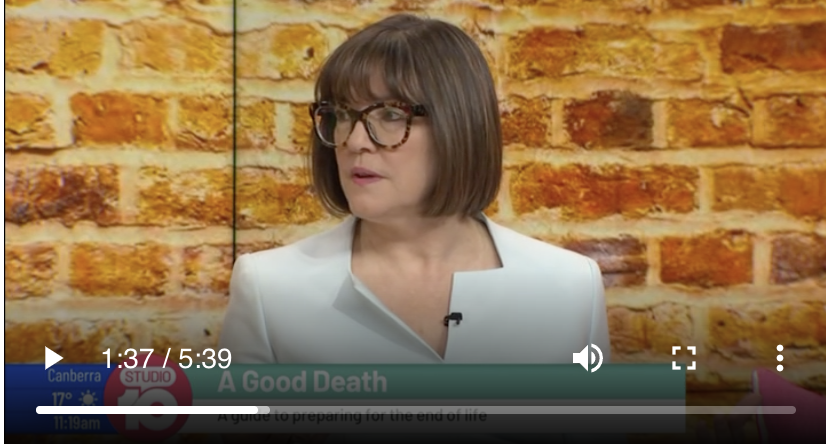
“Just start,” I replied.
“Start one and start a conversation about it. If you’re elderly have a conversation with your younger family. If you’re young, have a conversation with those who are older.”
“Talk,” said Kerri-Anne.
“Talk, conversation,” I replied.
“That’s something we never did,” Kerri-Anne said.
“In my case just give me the drugs,” Joe quipped.
“Well, you can have those too,” I pointed out.
“They can, trust me,” said Kerri-Anne.”
https://good-grief.com.au/wp-content/uploads/2019/09/Studio-10-A-Good-Death.mp4
